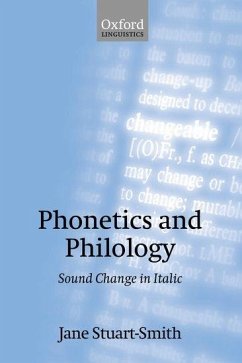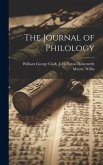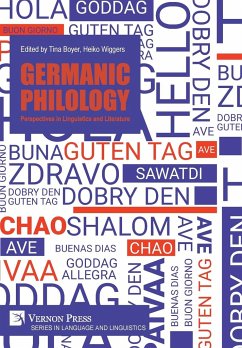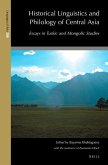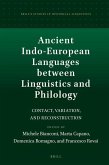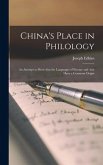This book presents an exhaustive treatment of a long-standing problem of Proto-Indo-European and Italic philology: the development of the Proto-Indo-European voiced aspirates in the ancient languages of Italy. In so doing it tackles a central issue of historical linguistics: the plausibility of explanations for sound change. The author argues that the problem can be resolved by combining a traditional philological investigation with experimental phonetics. Philological methods enable the presentation of the first integrated account of the evidence for the Italic languages, with detailed discussion of languages other than Latin. Theory and methods from experimental phonetics are then adopted to offer a new explanation for how the sound change might have taken place. At the same time, phonetic methods also confirm the traditional reconstruction of voiced aspirates for Proto-Indo-European. Thus the book offers a case-study of the successful application of synchronic theory and method to a problem of diachrony.
Hinweis: Dieser Artikel kann nur an eine deutsche Lieferadresse ausgeliefert werden.
Hinweis: Dieser Artikel kann nur an eine deutsche Lieferadresse ausgeliefert werden.

